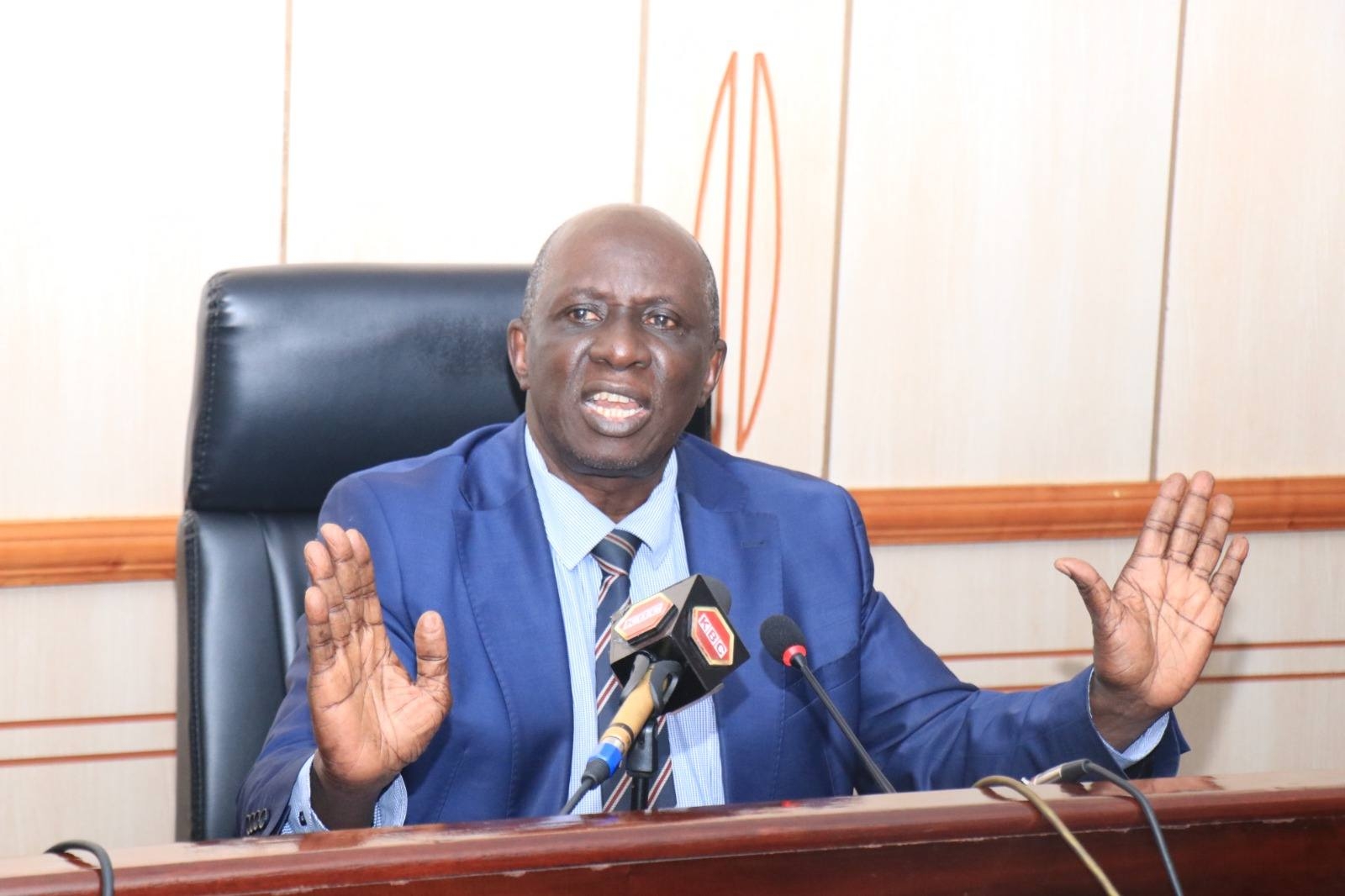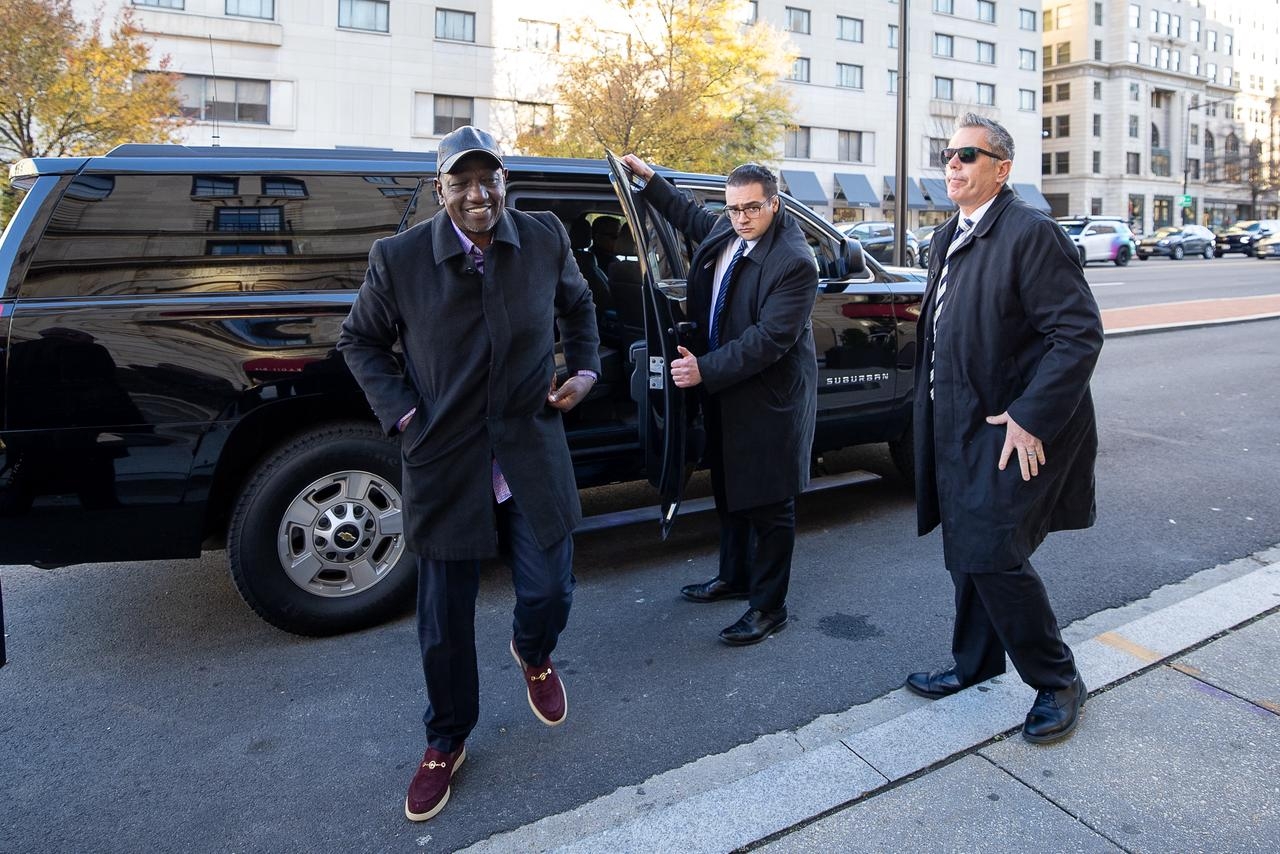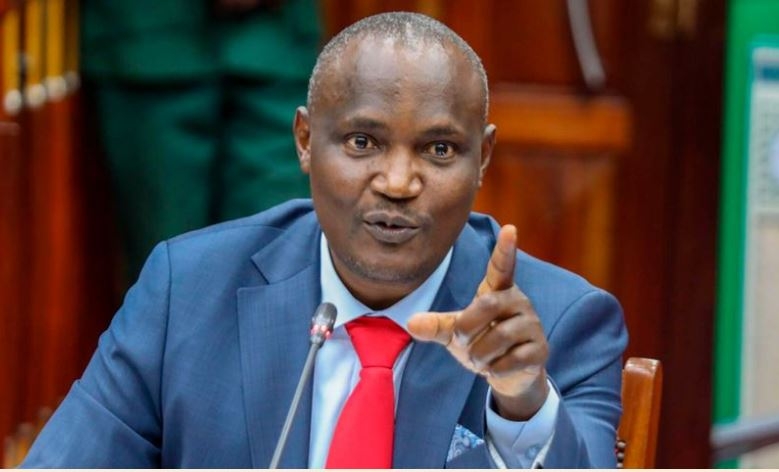Kenya plans to exit an international energy treaty that allows fossil fuel companies to sue governments over policies that damage their operations, citing concerns over its impacts on climate action.
Companies to challenge moves from signatory governments that involve shutting down or limiting fossil fuel activity have in recent years used the Energy Charter Treaty (ECT), first established in 1998.
Kenya, Uganda, Tanzania and Rwanda are signatories to the ECT, and are at different levels of acceding to the treaty.
The East African Community (EAC) also became an observer to the Energy Charter Conference in 2016, which creates a foundation for the development of a meaningful energy co-operation at the regional level.
Energy CS Davis Chirchir told the Star that the country would rethink the treaty even as it moves towards its goal to hit 100 per cent renewable energy by 2030.
"Kenya's journey towards absolute renewable energy by 2030 is unstoppable. We are already at above 80 per cent. Nothing will stand in the way,'' he said.
This call was emphasised at a public lecture on the energy charter treaty hosted by ActionAid and Strathmore Law School on Thursday, with Busia Senator Okiya Omtata lamenting that the country risks paying billions in penalties if the yet to be ratified treaty remains in place.
''Kenyans are likely to pay more for energy deals that comes with these kind of international treaties that give foreign investors free will to sway the government. I don't know why it was signed in 2017 in the first place,'' he said.
He cited the case where Kenyan taxpayers were forced to pay owners of Lake Turkana Wind Power a lump sum of Sh5.7 billion in penalties for failing to connect power to the national grid in breach of contractual terms in 2017.
The ECT contains mutual undertakings, made by nationals of the signatories, for the promotion and protection of investments in the energy sector in each other’s territories.
These include commitments by the contracting states to accord investments of investors from other contracting states fair and equitable treatment and constant protection and security.
These protections are directly enforceable under the investor-state dispute settlement provisions pursuant to which investors can bring claims directly against a contracting state through arbitration instead of through the local courts.
ActionAid executive director Susan Otieno said the ECT gave the investors a level of security and predictability for their ventures in the fossil fuel industry adding that when the document was negotiated, compatibility with climate commitments was not in practice.
"Despite economic benefits, fossil fuels pose challenges to the environment like greenhouse gas emissions and destruction of biodiversity," she said.
She added that the support on fossil fuel investments might be an obstacle to efforts on mitigating climate change and the transition to cleaner energy sources.
"The ECT counters climate action by allowing fossil fuel companies to sue governments over policies that threaten or impact their investments. Some of the policies aimed at environmental protection such as coal phase outs or bans on off-shore drilling can be challenged," said Otieno.
Countries have also been subjected to legal action amounting in huge amounts paid to the investors. The treaty also has a sunset clause that holds parties liable for 20 years after withdrawal.
Efforts to amend provisions of the ECT to align it with climate goals have not borne much, with calls for a EU-wide withdrawal yet many African countries are in the process of accession.
Despite what seems like the ECT safeguarding the interests of investors, there are concerns about sovereignty, public interest and the balance between investment protection and the need to achieve climate goals and SDGs for the countries that are party to the treaty.
"The implications of the ECT should not be undermined and should be critically assessed since the flaws in the treaty may not be addressed soon so African countries may be locked in without recourse, " said Action Aid Project Coordinator for Kenya Ayuo Ketta.














